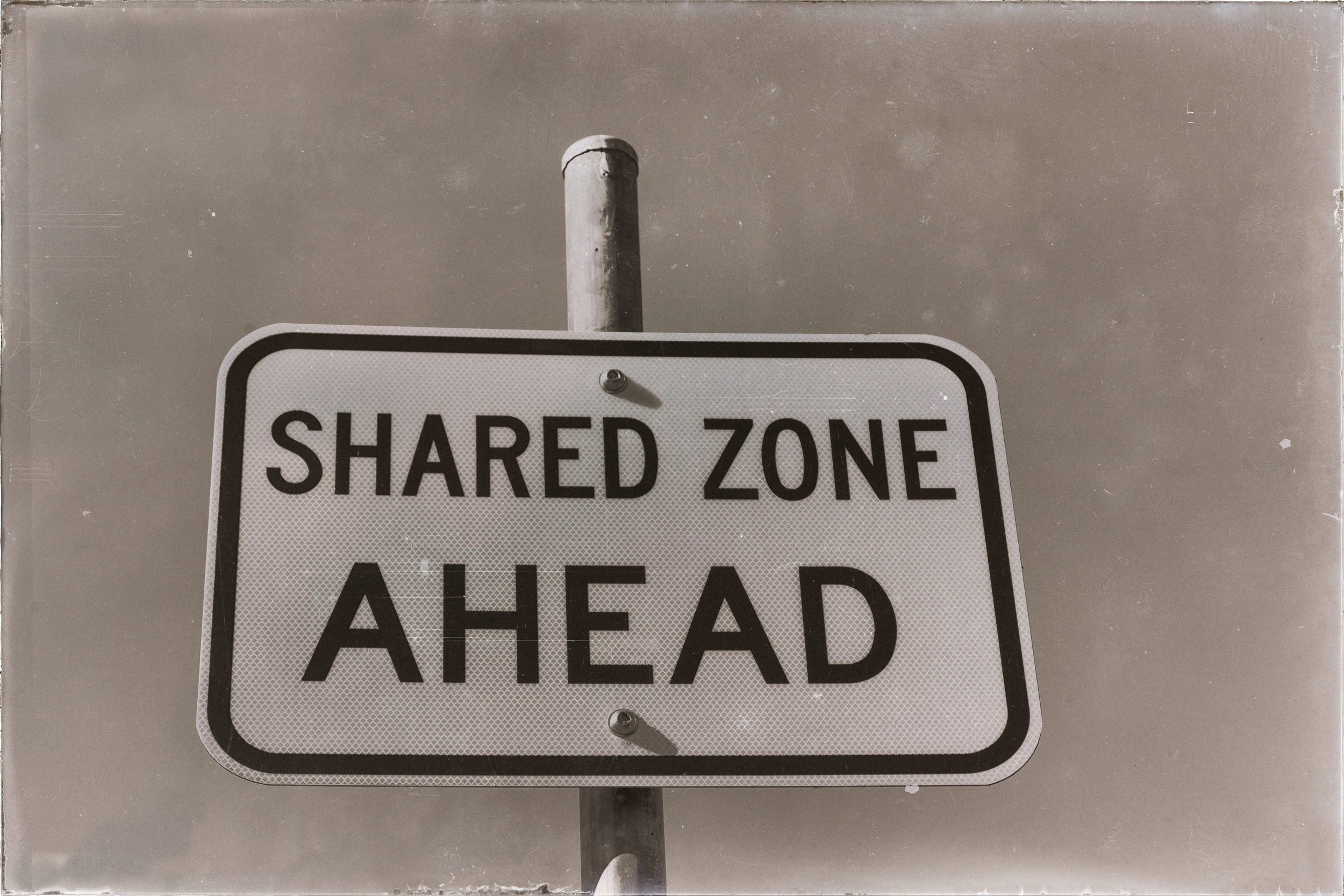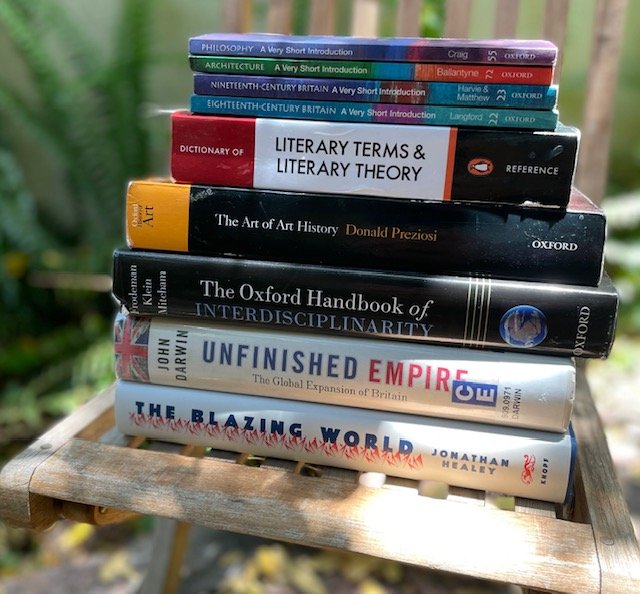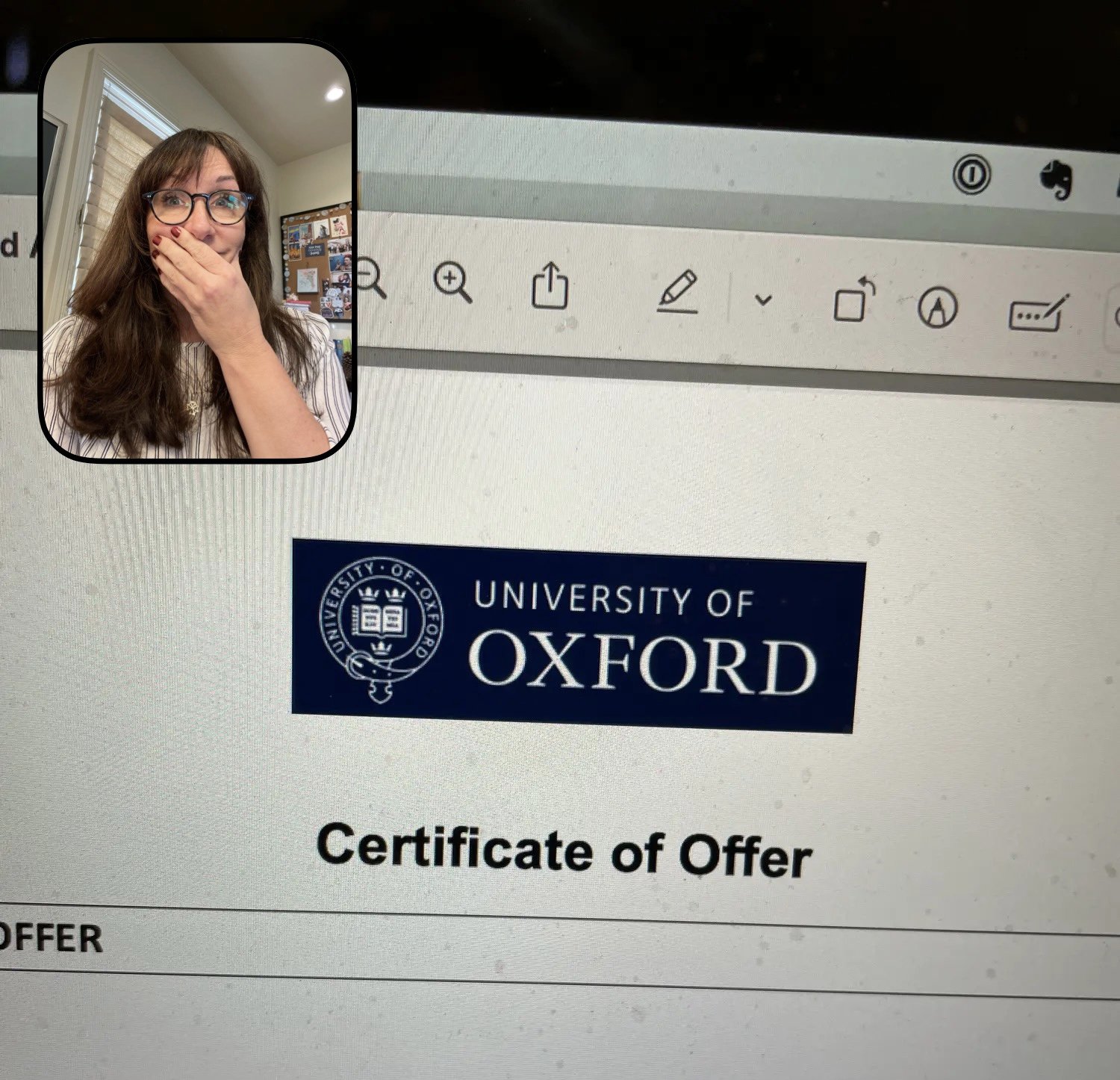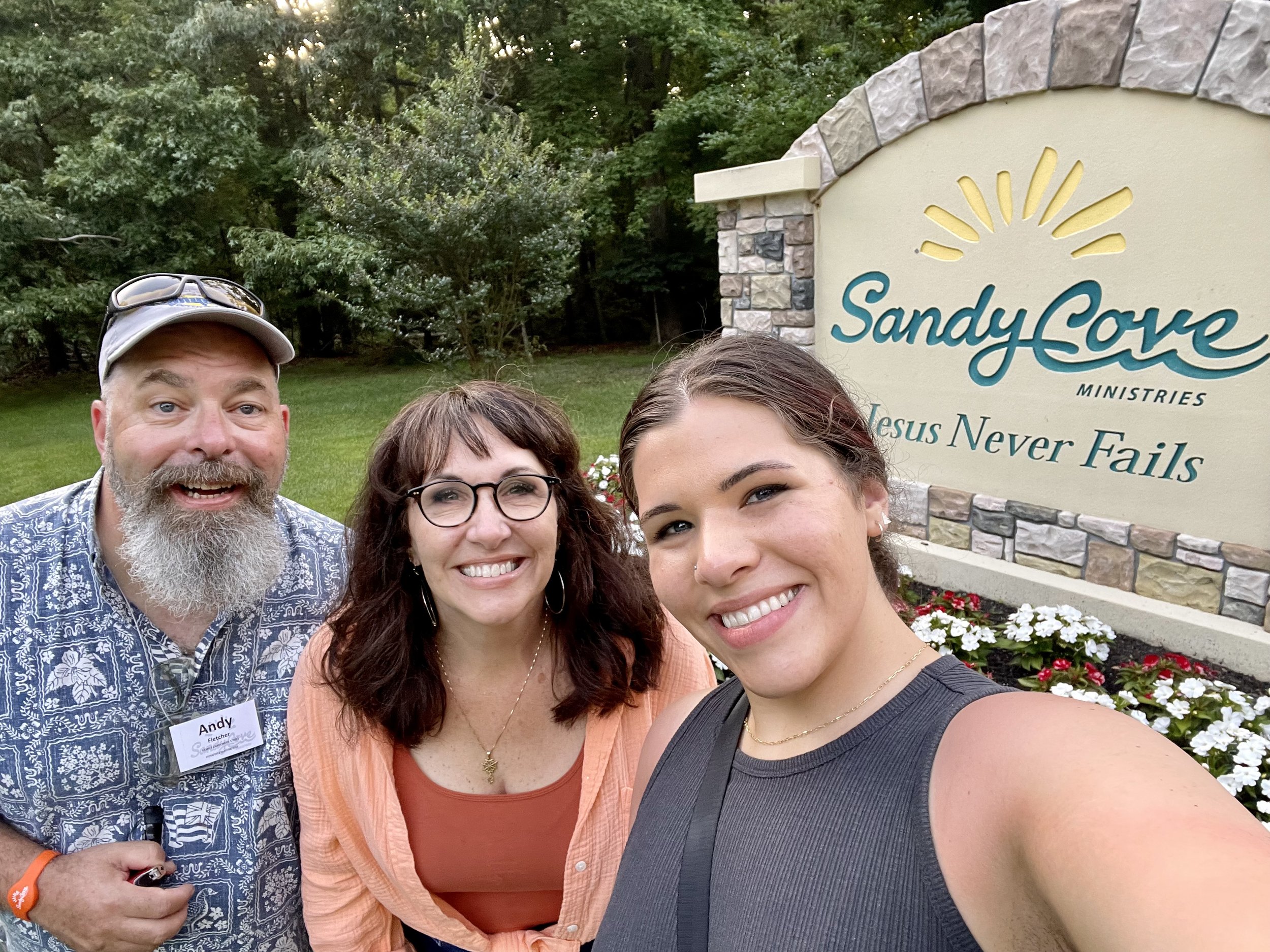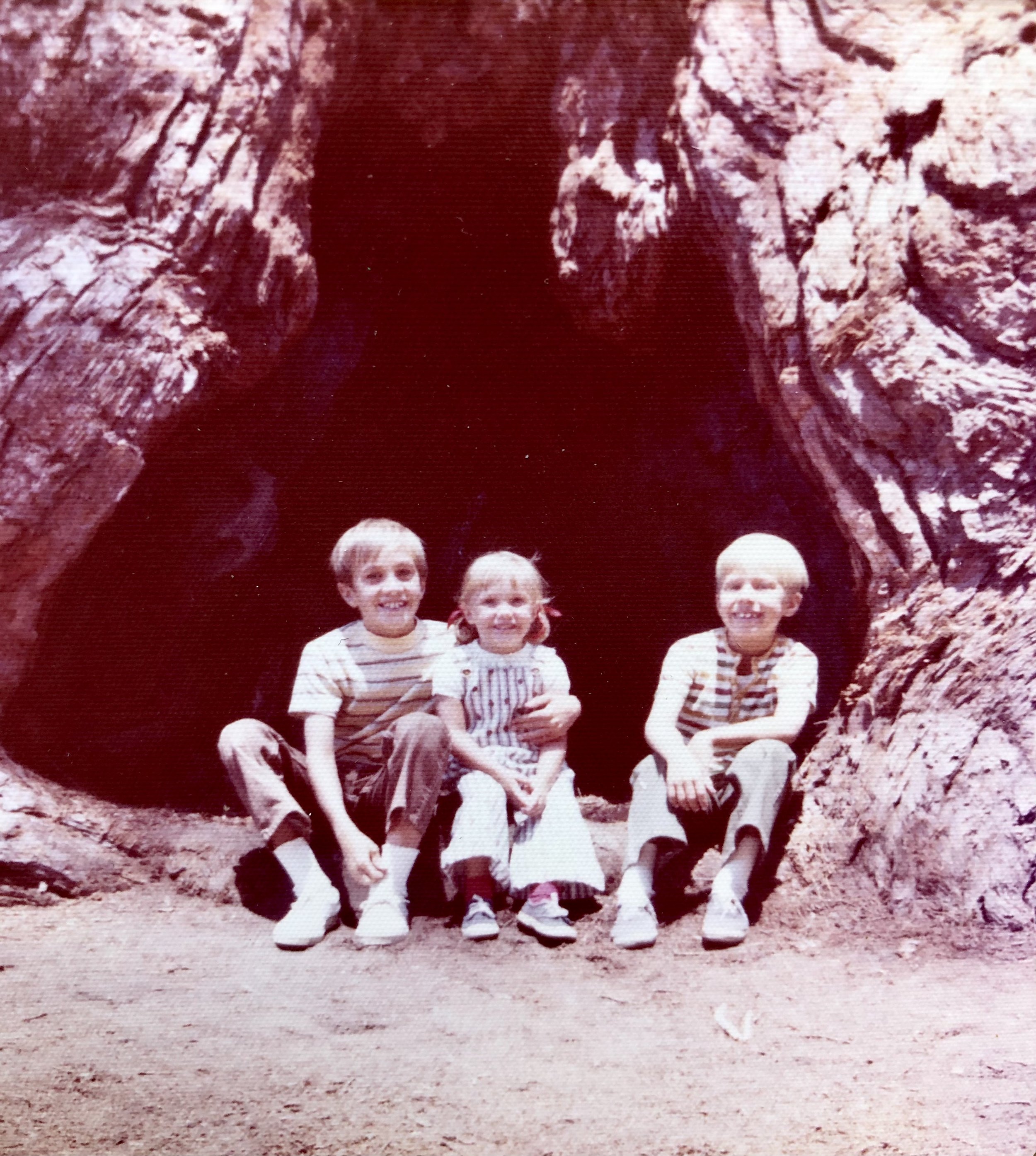King Solomon wrote, “There is nothing new under the sun.”
Last night I wore my Huguenot Cross to the mosque. I almost always wear it everywhere I go, but last night as I sat and listened to the grief and the sorrow and the condolences shared among our local Muslim brothers and sisters, I was struck by the symbiotic symbolism of the cross I wear and the events experienced last Friday in a mosque in Christchurch, New Zealand.
The Huguenots were the French Protestants of the 16th and 17th centuries, emerging out of the Reformation like their Protestant brothers and sisters in nearby countries of Germany, Switzerland, England, and Scotland. They suffered severe persecution at the hands of French Catholics.
On August 24th and 25th, 1572, some 3,000 Parisian Huguenots were dragged out into the streets and massacred, their bodies thrown into the Seine and their homes and business burned to the ground. Plotted by Catherine de Medici, the killings continued outside of Paris into all of France, with the death toll reaching nearly 70,000.
“Carts piled high with the dead bodies of noble ladies, women, girls, men, and boys were brought down and emptied into the river, which was covered with dead bodies and ran red with blood,” -Simon Goulart
And as I sat there last night surrounded by grieving Muslim men, women, and children, I could hear the cries of the Huguenots. My heart ached as it recalled the wailing of the Jews, the millions (yes, millions) of Bengali Hindus, the Sikhs, Baha’is, and people who follow smaller factions of faith. Each, at some point in history and many today, experience hatred and intolerance.
In it all, there is this truth:
“The Lord gives and the Lord takes away. Blessed be the name of the Lord.”
The lie is that we have the right to step in and act as God, deciding who lives and who dies. And as Christians, we have two great commandments: Love the Lord your God with all your heart, soul, mind, and strength, and love your neighbor as yourself.
